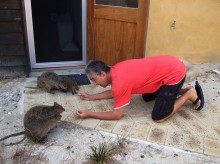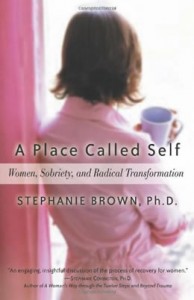 An inspirational blog from WITR, written mid-2009:
An inspirational blog from WITR, written mid-2009:
‘The reason I write, “Today is the best day of my life”, is yesterday has gone and tomorrow is still to come. It it comes at all?
I awoke at 7.30 this morning and I’m in recovery from the disease of active addiction. I had no desire to use and there was no obsessing over what was my drug of choice. Today, I am FREE to make self-caring choices.
My day begins with me having a conscious contact with my Higher Power, who I ask to guide and direct me throughout the day and help me to stay safe.















